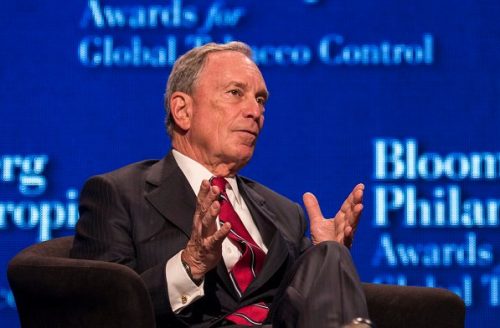It has been a monumental year for Vital Strategies – from the launch of our new identity in January to the expansion of our health programs to include road safety and anti-obesity campaigns as well as a the start up of a new Environmental Health division. Here, we take a look at our top story from each month through 2016.
January: Vital Strategies officially launched on January 26, 2016, with the merger of World Lung Foundation and The Union North America. While those organizations focused on combatting tuberculosis, tobacco use and lung disease – Vital Strategies has an expanded focus across other health issues including road safety, data for health, obesity, maternal health and environmental health.
February: Carbonating the World – a report examining the increasing rates of obesity around the world looked into the role played by makers of sugar-sweetened beverages. The report, which Vital Strategies contributed to, found companies like Coca-Cola and PepsiCo targeting youth in developing nations, much like big tobacco.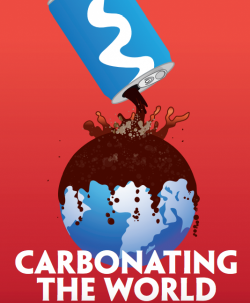
March: In a win against big tobacco in the Philippines, large graphic health warnings were introduced on tobacco packs. Real-life images of tobacco-related disease now cover 50% of packs, front and back, up from just 30% on the front of the pack only.
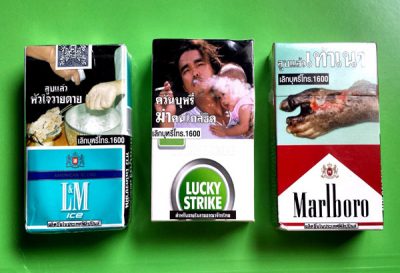
April: Our maternal health program in Tanzania – Thamini Uhai – unveiled a newly renovated operating theater in Dar Es Salaam this month. The renovation included new plumbing, flooring, electrical fixtures and fittings, and a new access ramp to help transfer women from the maternity ward to the operating theatre. Tanzania reduced its maternal mortality ratio by 55% between 1990 and 2013.

May: Vital Strategies marked World No Tobacco Day on May 31 with the launch of several anti-tobacco mass media campaigns. “The Conscience of a Child” aired on national TV in Indonesia, a smoke-free homes initiative was launched in Vietnam, “Smoke-free Nuevo León” aired in Mexico and Beijing celebrated the one year anniversary of its smoke-free law with an event at the Birds Nest stadium and a city-wide TV awareness campaign. A statement was issued calling on more countries to adopt plain packaging for tobacco products.

June: Vital Strategies joined Bloomberg Philanthropies in announcing the first 18 countries that will participate in a four-year, $100 million Data for Health initiative to advance health data collection and monitoring. The role of Vital Strategies includes supporting improvements to civil registration and vital statistics systems, which record births and deaths and the causes of death. Additionally, it helps governments translate data into action by providing the numbers to make more informed policy decisions.
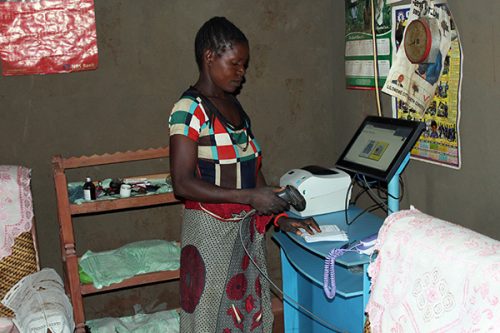
July: Two road safety campaigns got underway in July – the first in Bandung, Indonesia and the second in Bangkok, Thailand. Both campaigns focused on the proper wearing of helmets among motorcyclists. The campaigns were promoted through social media and on local TV.

August: Our anti-obesity campaign aired in Colombia, with a national TV campaign to raise awareness about the health effects of sugar-sweetened beverages. The campaign was an adaptation of a campaign that helped to change attitudes and build support for policy change in Mexico, ultimately leading to the implementation of a soda tax.
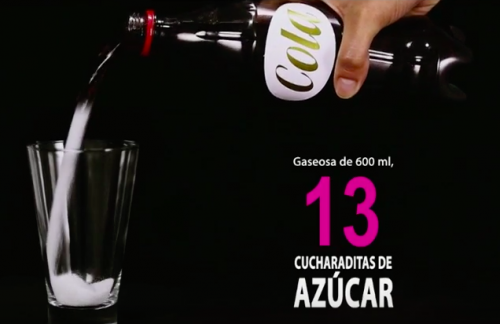
September: Vital Strategies staff attended health-related sessions and side events at the United Nations General Assembly in New York. With a focus on the threat of antimicrobial resistance (AMR), we issued a statement welcoming the UN’s declaration to fight AMR and highlighted our work on trials for shorter treatment regimes for multi-drug resistant tuberculosis.
October: Vital Strategies launched our new Environmental Health division with the intention of using the tools of public health to improve the health of people living in an increasingly urbanized world. The division will focus on reducing air pollution, mitigating climate change, and improving water, sanitation, and transportation systems. Our new Environmental Health team attended Habitat III in Quito, Ecuador where the New Urban Agenda was adopted, which sets out standards for sustainable urban development.

November: Our paper on Sustainable Funding Mechanisms for Population-Level Tobacco Control Communication Programs was launched at the Framework Convention on Tobacco Control, Conference of the Parties (COP 7) Delhi, India. The paper outlines the importance of using mass media to raise awareness about the health harms of tobacco, and to reduce its use. It outlines key way governments can sustainably fund media campaigns.
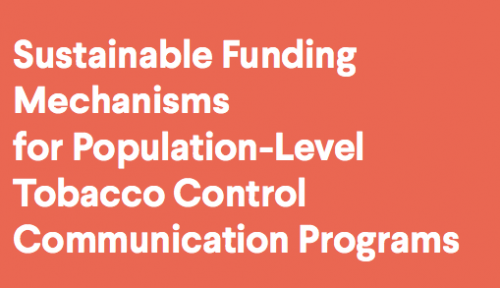
December: Mike Bloomberg announced an extra $360 million to fight the global tobacco epidemic. This is in addition to the $600 million dollars he has already devoted to combat tobacco – bringing the total amount to nearly $1 billion. His initiative has helped tobacco users quit, encouraged potential users to decide against starting to use tobacco, and ensured that non-smokers – particularly women and children – are better protected from the deadly harms of second-hand smoke.
